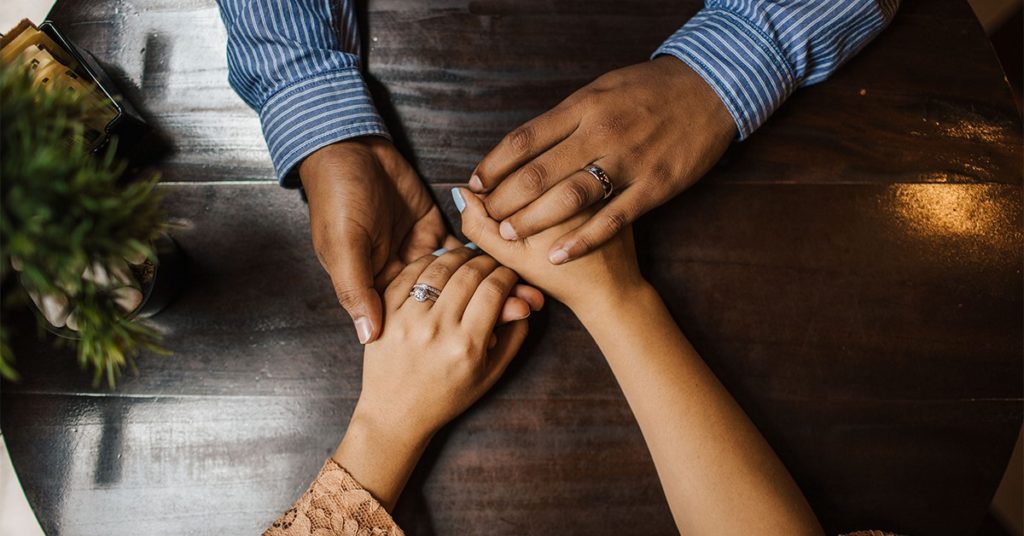To the Co-Survivor of Sexual Violence
Saying ‘No’ to Victim-Blaming
Sexual violence does not discriminate. No labels, such as a person’s age, sexual orientation, socioeconomic status, race, or religious affiliation protect them from being impacted by sexual violence. In fact, nearly everyone knows someone who has been affected by this specific type of violence at some point. Why, then, is there not more discussion on how to support a loved one who has experienced the trauma of sexual assault? The initial reaction of a loved one when a survivor discloses their experience can leave a lasting impact on the survivor; It can be an incredibly affirming experience, or a painfully isolating one, depending on how their story is received.
When considering how to respond when a survivor discloses their experience, it is important to keep in mind that this is their experience. They own it. What this means is that they have the right to feel, and to think, whatever and however they want to about the assault. The choice to disclose (and how much to disclose) is up to them. When they do confide in someone about their experience, the survivor has a deep-seated need to be believed, and to feel heard. They want to know that their voice has power after power was ripped away from them. Validating the survivor’s emotions and expressing empathy takes very little effort but can go a long way in helping that person heal. Say the words, “I believe you.” A statement such as, “I can see why you feel so traumatized by this. That was an awful thing that person did to you, and I appreciate that you chose to come to me. I am here for you right now, and I’m listening,” validates the feelings of the survivor, acknowledges the difficulty they faced in coming forward, and offers support.

The survivor often needs someone simply to listen to their story, without judgment. Therefore, it is crucial for all people to be confident in identifying victim-blaming for what it is, and to understand the detrimental effects it has on the survivor’s healing. After all, the listener becomes a co-survivor just by becoming involved, and what damages the survivor damages the co-survivor, creating a ripple effect into society. Various cultural and religious beliefs, the media, and other factors all play a role in how society regards a victim of sexual violence. Most have heard the questions hurled at survivors: “How much had you been drinking that night?” “Why were you walking home alone?” “Why were you wearing that if you didn’t want sex?” These harmful statements perpetuate the poisonous cycle of rape culture and victim-blaming. Sexual assault is a violent act meant to degrade, not a sexual one that is about attraction. The blame should be placed where it belongs every time – on the offender.
When supporting a victim of sexual violence, follow-through is everything. Promise to call and check in, and then do. Again and again. Recognize that everyday tasks can become overwhelming for a survivor. When possible, offer to take care of some of these tasks – cooking, cleaning, caring for children. Actions speak so much louder than words, after all. Above all, recognize the power the co-survivor holds to make an enormous difference in the life of the survivor moving forward. By choosing not to buy into the victim-blaming, and by actively listening and validating the survivor’s feelings while supporting their needs, the co-survivor holds the power to affect real, positive change! Spread the word!
By: Meghan Phillips
Community Engagement Coordinator
COMPASS (Sexual Assault Education, Prevention, and Support)